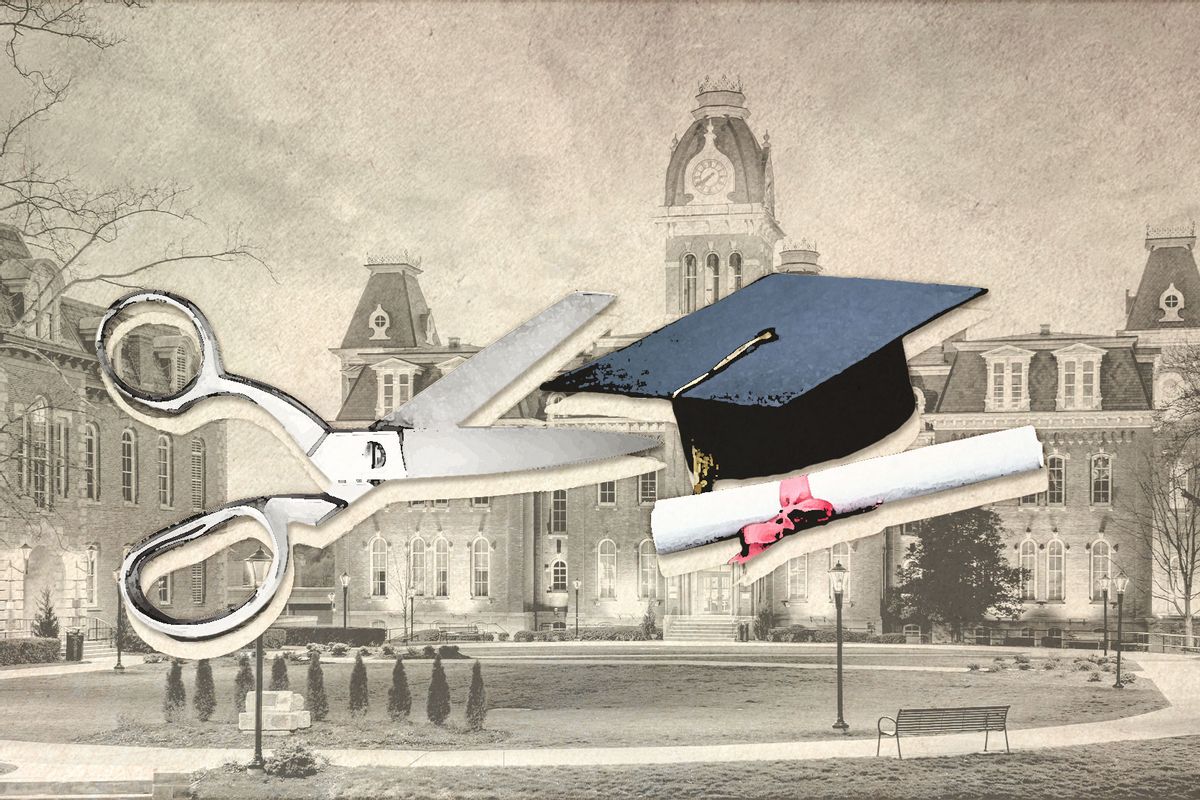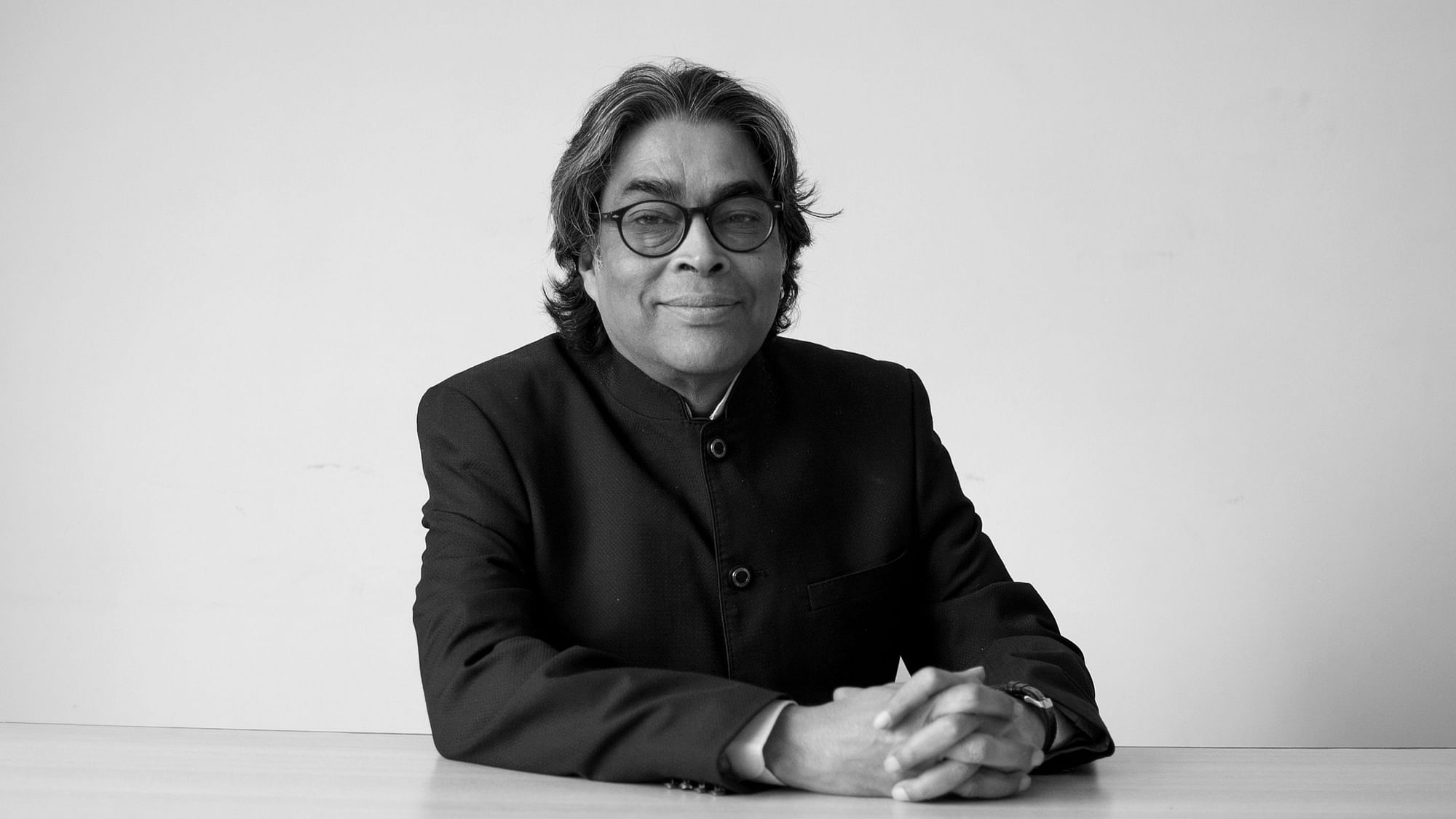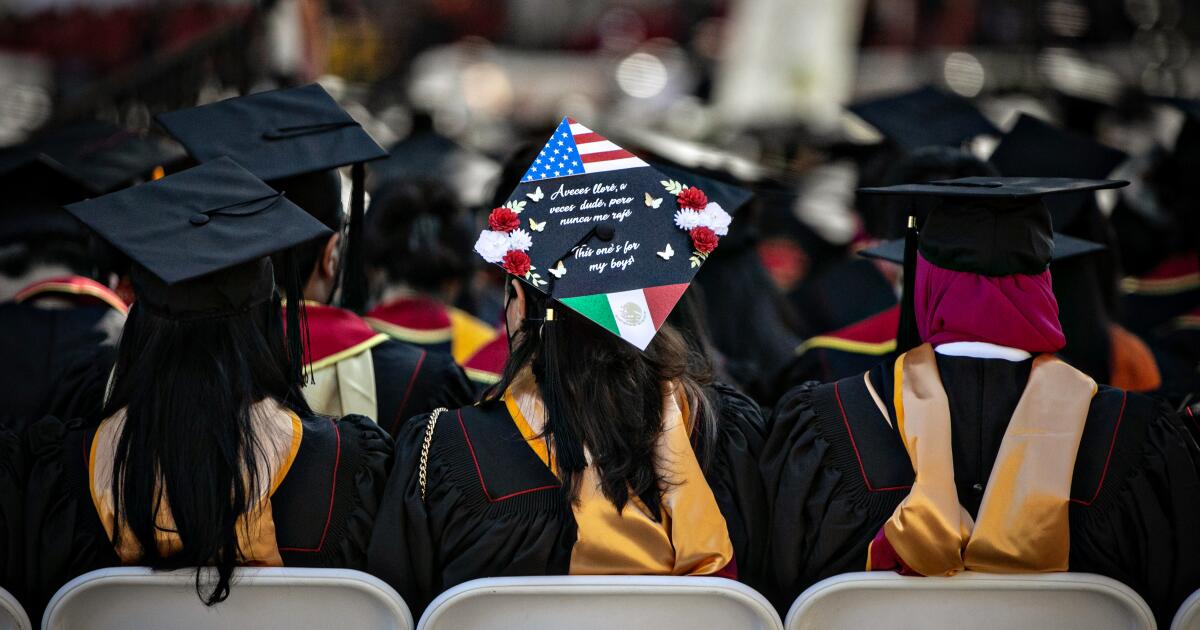
A liberal arts degree is worth much more than realised
The HinduWe are all too familiar with the recession of 2008 and its subsequent impact on the decline of the humanities and more generally, the liberal arts, in North America and Europe. In the context of the ‘existential crisis’ facing classic liberal arts programmes, questions have often centred on their relevance and whether they offer tangible ‘real-world’ skills, resulting in a diverse range of outstanding career outcomes. The world versus India So, as an international phenomenon, the promotion of liberal arts education emerged within countries usually as a combination of indigenous educational reform movements and inchoate transnational advocacy networks. ‘Soft skills’, which can be honed through a classical liberal arts education, are crucial in this context. While the rapid development of liberal arts in India has been welcomed by several, others ask — and, quite rightly — whether students will get jobs after liberal arts training; whether liberal arts is suitable for a developing country; whether critical thinking skills help students solve India’s societal problems — poverty, hunger, caste, and class inequalities.
History of this topic
Discover Related

















